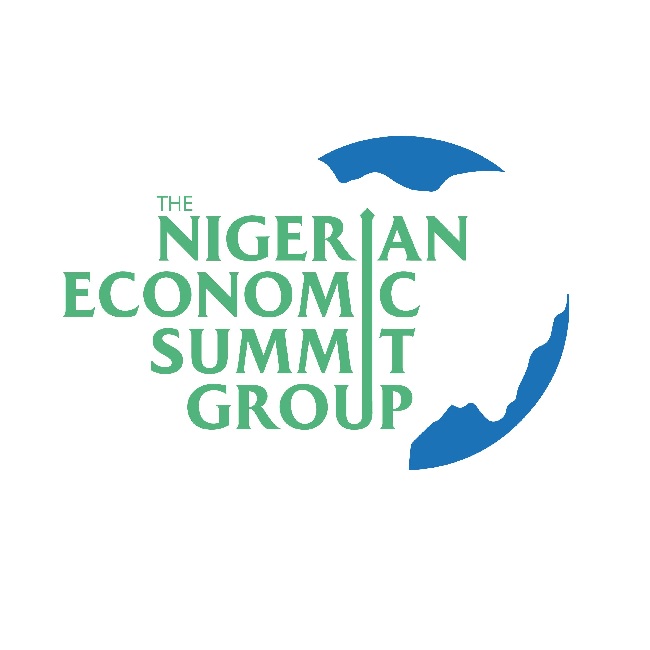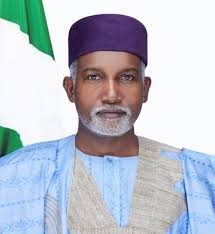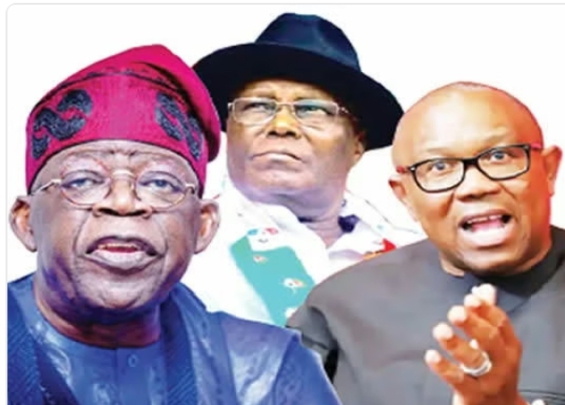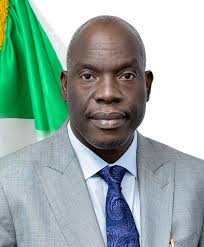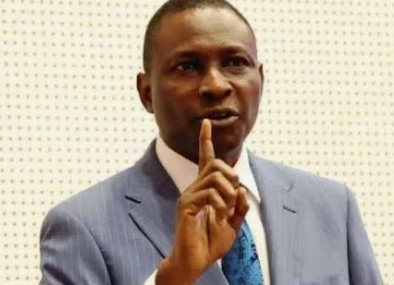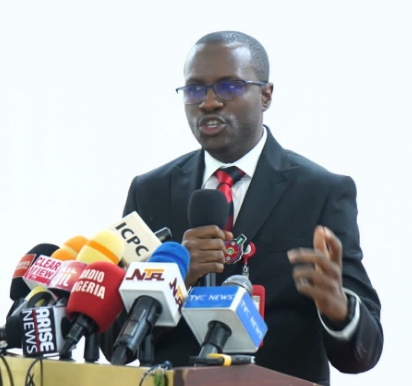Mohammed Shosanya
The Nigerian Economic Summit Group(NESG) has disclosed that its 30th edition of the Nigerian Economic Summit (NES #30), slated for October 2024, is poised to facilitate groundbreaking discussions that would influence the nation’s economic policies and strategies.
A statement issued by Ms. Ayanyinka Ayanlowo, Acting Head, Strategic Communication & Advocacy, NESG, explained that the theme for this year’s Summit, “Collaborative Action for Growth, Competitiveness, and Stability,” underscores the importance of collaborative action among all stakeholders.
This theme encapsulates the essence of what is needed to propel Nigeria, and indeed Africa, towards a more prosperous, inclusive, and resilient economic future.
“The Summit’s discussions and outcomes will be pivotal in shaping policies and strategies that harness Nigeria’s potential to drive continental transformation.”
Ayanlowo said that vovernments, businesses, civil society, and international partners must synergise their efforts to address Nigeria’s and Africa’s socio-economic challenges.
She explained that over the years, NES has been a catalyst for significant economic reforms in Nigeria, particularly in the banking sector, telecommunications, maritime and seaports, and the energy sector.
“These reforms have been crucial in creating a more efficient, competitive, and diversified economy.
“The NES platform has also been instrumental in fostering an environment that encourages entrepreneurship and innovation, driving Nigeria’s economic growth and global competitiveness,” the statement explained.
SpeKimg on Nigeria’s role in Africa’s economic landscape, the NESG affirmed that Nigeria’s economic performance has a profound impact on the broader African region due to its size, influence, and interconnectedness.
“The country’s large domestic market, abundant natural resources and significant corporate footprints make it a key player in the continent’s economic dynamics.
“As the most populous country in Africa, Nigeria’s economic health influences consumption, investment, and trade patterns across the region,” Ayanlowo said.
The statement identified market size, natural resources, regional trade and investment, remittances and corporate footprints as some of the key drivers of Nigeria’s impact on Africa.
The NESG further explained the Summit’s role in shaping the future, adding that
“NES #30 aims to leverage Nigeria’s significant role to drive Africa’s transformation.
The statement said: “The theme of Collaborative Action for Growth, Competitiveness, and Stability will catalyse meaningful deliberations, focusing on institutions, investment, integration, industry growth and innovation.
“The 30th Nigerian Economic Summit is a pivotal moment for Nigeria and Africa. By emphasising collaborative action, NES #30 will chart a path towards a more unified, competitive, and prosperous future.
“The Summit will harness diverse perspectives and collective expertise to address common challenges, create shared opportunities, and ensure sustainable economic progress for all Africans.
“As we approach NES #30, the call to action is clear: through collaboration, we can achieve growth, competitiveness, and stability, paving the way for a brighter future for Nigeria and the entire African continent.”
As a private sector-led think tank and policy advocacy group, NESG has tirelessly worked to bridge the gap between the public and private sectors.
Its mission is to foster open and continuous dialogue on Nigeria’s economic challenges and opportunities, ensuring that the country’s economic policies are inclusive, forward-thinking, and conducive to sustainable development.
Since the first Nigerian Economic Summit in 1993, the platform has been instrumental in Nigeria’s economic evolution.
Convened amidst severe economic challenges, the initial Summit aimed to transition Nigeria from a state-led economic model to a dynamic, private sector-driven economy.
This fundamental shift in economic philosophy was necessary to foster innovation, efficiency, and competitiveness.
For decades, Nigeria’s economy was marked by a government monopoly in business and industry, with state-owned enterprises (SOEs) dominating the landscape.
These SOEs, supported by significant public investments, were intended to catalyse economic growth.


